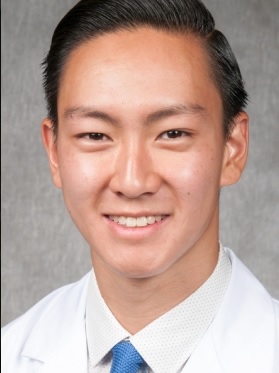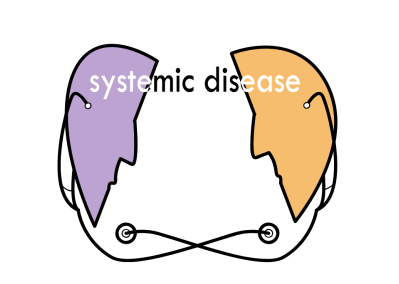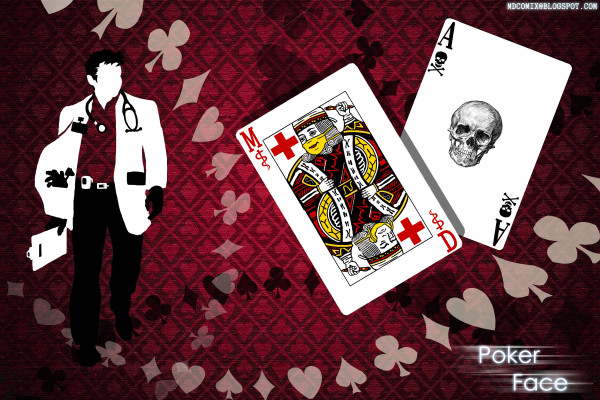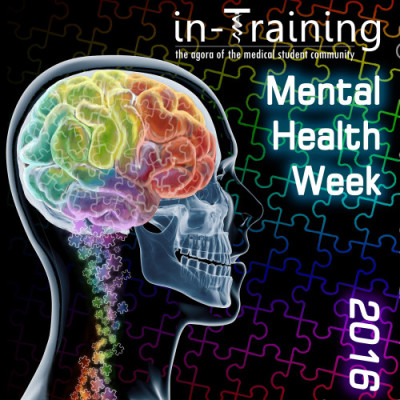Top 5 Misconceptions About Medical School
My first year of medical school is finally over…and it was rough. Then again, that is not too surprising. After all, it is medical school, so no one is expecting a walk in the park. During my first year, a lot of the advice and wisdom I heard from other medical students seemed to match up pretty well. However, there were definitely a few things I heard that I felt did not quite hold true. While this is only my opinion and it may vary from student to student, here are my top five biggest misconceptions about medical school.





